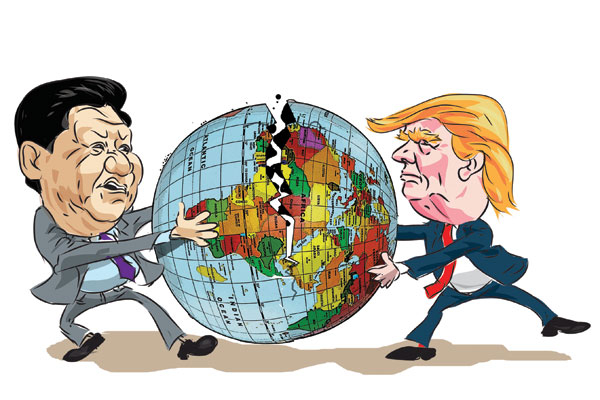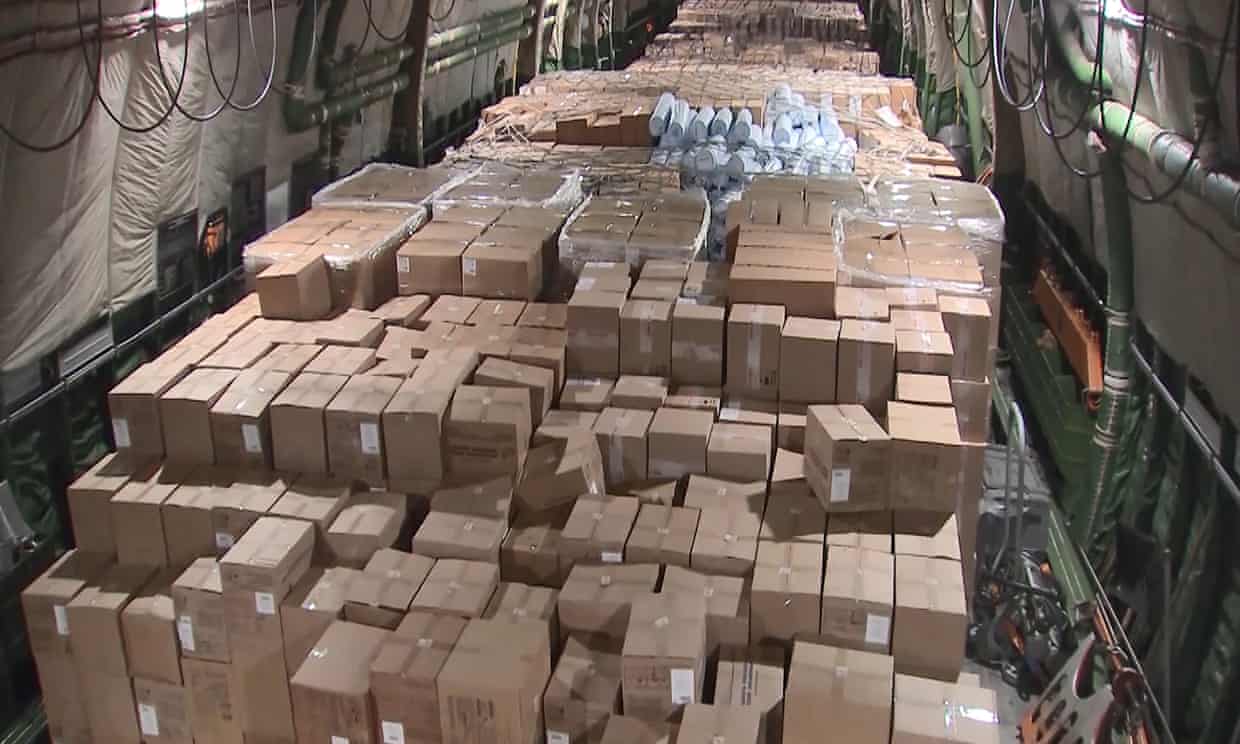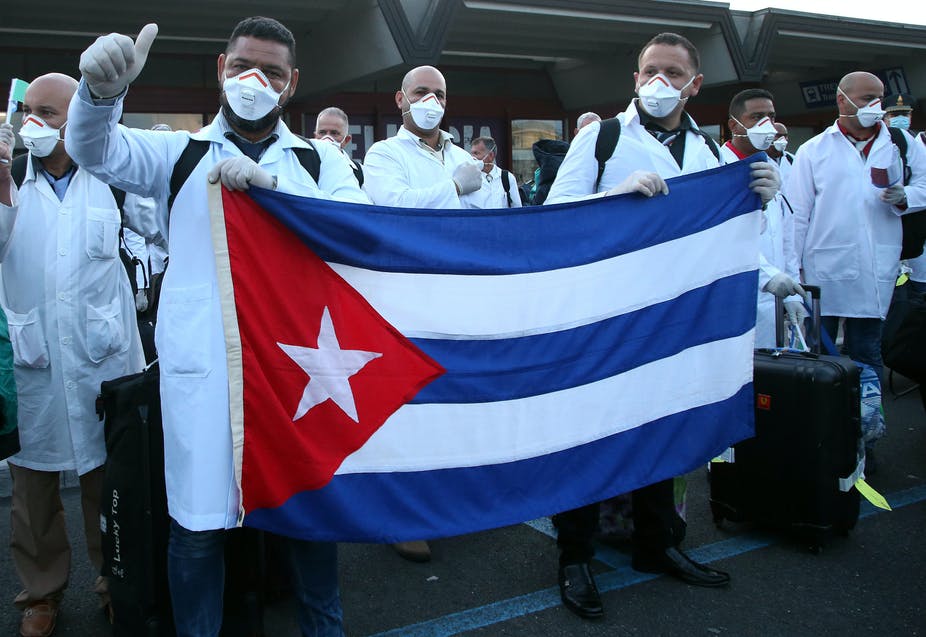The Geopolitical Ramificatons of Covid-19

As more than a third of the world’s population finds itself in confinement, state leaders, prominent business figures, and health care representatives find themselves in decisive roles within the battle against COVID-19. In a time where collaboration among states is crucial, one thing we have witnessed recently is the lengths that states will go to in order to guarantee the safety and security of their citizens.
With Donald Trump’s unrealistic goal to have the country up and running by Easter because it is his favorite time of the year, to the UK Prime Minister Boris Johnson claiming he owed his life to the medical staff that nursed him back to health, after he had been diagnosed with COVID-19 and admitted to the ICU; leaders are showing their game faces, and some of them revealed weaknesses. In France for instance, president Macron had declared a war on the coronavirus pandemic and with the army’s mobilization, as he launched “operation resilience” in an effort to guarantee French citizens respect the laws of confinement, and some say, to gain some popularity. Additionally, in his most recent televised national address, he admitted France did not properly evaluate the situation.
Longtime cooperating states and allies such as the states within the European Union and the United States have closed their respective borders on each other, restricting free travel of citizens. Even within the Schengen area, states such as Austria and Hungary shut their borders before gradually opening them again to allow people who found themselves stuck to get back home, and for European trucks to circulate to guarantee trade within Europe does not completely stop.
Boxes with medical masks and equipment onboard a Russian plane at Chkalovsky airport. Image Credit: Russian Defense Ministry/TassWhereas states that have witnessed tension for decades, such as Russia and the United States, have been helping each other, thus shifting the entire geopolitical dynamics as we know them. Indeed, the Russian capital Moscow, donated a plane full of medical equipment and masks to the USA, stating joint action and cooperation as essential in this humanitarian crisis. Ironically however, Russia now finds itself in confinement and with more cases than before, currently in need of the help it once offered.
Some states still refuse to put politics aside for the greater good of ending the pandemic. Indeed, Iran has rejected any type of aid coming from the United States, despite a surge in cases in the beginning of March, and being qualified as one of the hardest-hit countries during this pandemic, Khameinei, Iran’s leader expressed his views on the pandemic being a man-made virus created by the USA, and how medication and medical equipment coming from the United States might as well be the virus itself.
States’ internal policies and affairs have also been subject to changes, with some countries taking advantage of this peculiar situation to advance their radical policies, as well as limit people’s freedoms. Nevertheless, in his most recent address to the French people, president Macron reassured democracy and the values on which France was built will not be hindered by new measures that will be implemented during the deconfinement process.
Cuban doctors arrive in Italy to help fight COVID-19. Image Credit: Matteo Bazzi/EPAIn the meantime, videos of a group of Cuban doctors and nurses arriving to Italy in March made headlines, and were shared all over social media, thus making developed democratic states look weak in front of the stronger Cuban health care personnel. In fact, Cuba has been trying to spread its socialist reforms by means of international medical cooperation, in exchange for goods ever since the US embargo.
This international trade of medical personnel and clinical trials across the globe has widened the scope of state power, begging the question: is healthcare a field that is overlooked when looking at a state’s development index, is economy far more important? How important are international relations, since we now know they can so easily be overlooked in times of a health crisis? Could it be that after all this time, countries who will get out of this pandemic with the least amount of deaths and contaminators of COVID-19 will be considered as strong, developed states?









